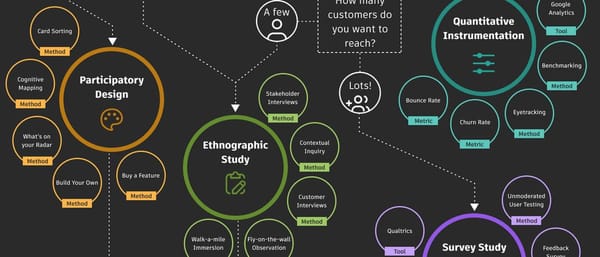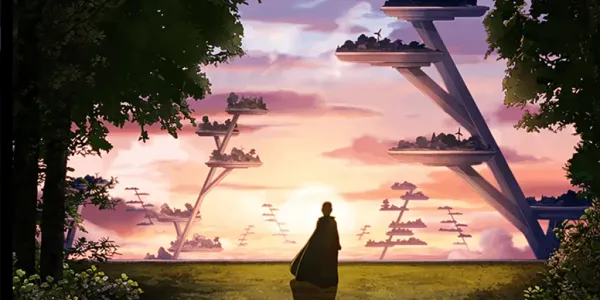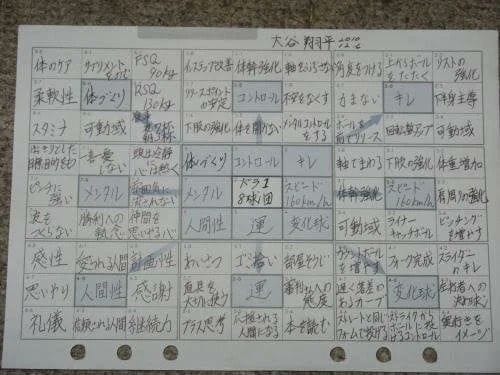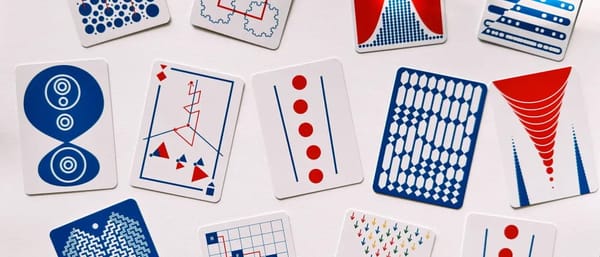№ 73 | Low Carbon Lifestyle Cards, Calculating Empires, Roleplaying Games at NASA, “How to Solarpunk” Zine, and Everyday Concepts
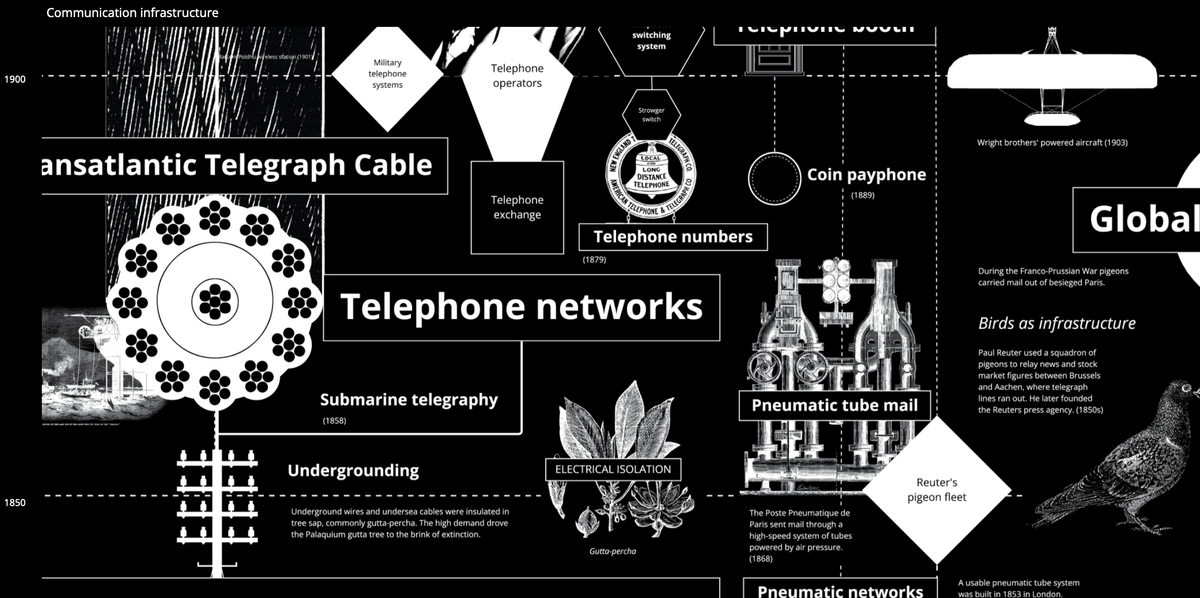
Low Carbon Lifestyle Cards
I’m wary of climate action strategies that try to shift the burden to individuals, when so much of the cause is systemic, economic, power structures (See “What we are up against”). But, that doesn’t mean there aren’t actions that we—as individuals—can and should embrace.
That out of the way… here’s a study by the Center for Climate Change and Social Transformations that is focused at the individual level, to challenge the “limiting beliefs that a fair, low-carbon future is possible” and normalize what may seem like a “radical lifestyle change.”
New research into the public perception of climate change initiatives finds that while there is strong support for low-carbon lifestyles, inaction is limiting public beliefs that a low-carbon future is possible… We argue that countering these narratives, and the defensive responses they invoke, is essential for achieving meaningful public action on climate change.
There’s a lot off great, organized thinking in here, from the 15 sub-narratives of climate inaction to the Avoid-Shift-Improve (ASI) framework to the 38 lifestyle strategies presented as (you saw this one coming, am I right?!) a series of low-carbon lifestyle cards. Thank you, you’re welcome.

Calculating Empires
Remember how in the last issue I shared a timeline, and explained how a timeline—focused on specific niche topic—can help create understanding. Well, here’s another timeline, of sorts, for just about everything. Honestly, Calculating Empires feels a bit like an omniscient cheat sheet for a broad swathe of human knowledge. Per the description:
If we are to address the urgent challenges of the contemporary time - including technocratic fascism, climate catastrophe, colonial wars, and wealth inequality - we need to contend with the interwoven nature of their histories. In order to have a future, we must first confront our past.
Calculating Empires is a large-scale research visualization exploring how technical and social structures co-evolved over five centuries.
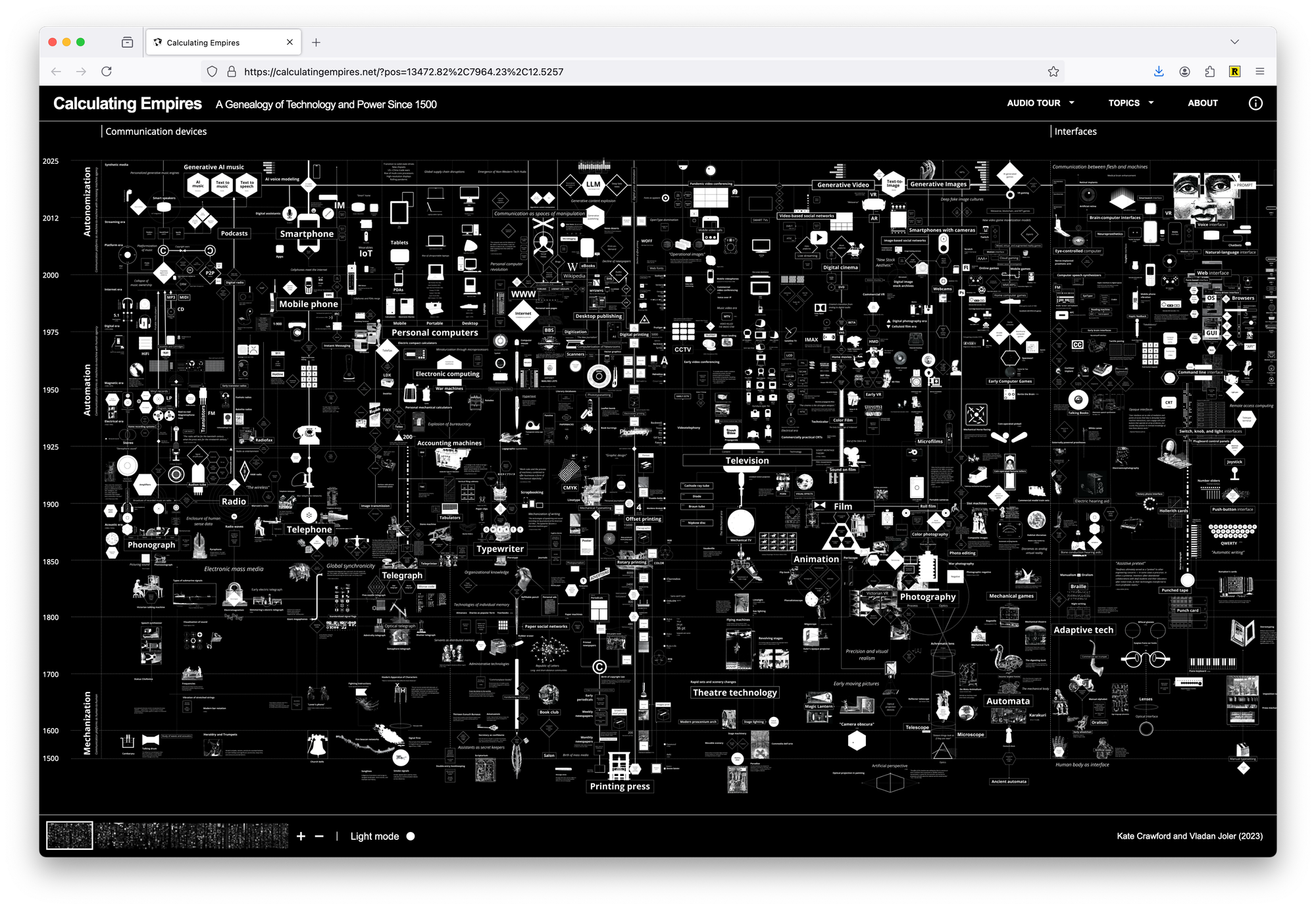
Emphasis on large scale. This is rich, dense, and… I’ll say it: Overwhelming! Definitely begin with the audio tour. And then, listen the advice of the creators:
We suggest taking your time—a radical act in an era of speed and simplification.
Role-playing at NASA
I think someone at NASA is really into role-playing games. First, there was The Lost Universe, the agency’s first-ever tabletop role-playing game, in which you…
take on a classic villain (while also using and learning science skills!) as you overcome challenges and embark on an exciting quest to unlock more knowledge about our universe.
And then, last week: NASA, along with partners from other agencies, gathered for a “tabletop exercise” (that’s the phrase that caught my attention) to “inform and assess our ability as a nation to respond effectively to the threat of a potentially hazardous asteroid or comet.”
Here’s the setup:
“During the exercise, participants considered potential national and global responses to a hypothetical scenario in which a never-before-detected asteroid was identified that had, according to initial calculations, a 72% chance of hitting Earth in approximately 14 years.”
More here, including slides from the exercise: NASA, Partners Conduct Fifth Asteroid Impact Exercise, Release Summary

Honestly, I love seeing organizations like this embracing imaginative play, as a way to explore possible scenarios.
“How to Solarpunk” (zine)
I love the simplicity of this “How to Solarpunk” zine. While on the surface this is little more than a thoughtful round up of well-considered words—all beginning with ‘re’—it’s the spacer this opens up for reflection that I find so powerful.
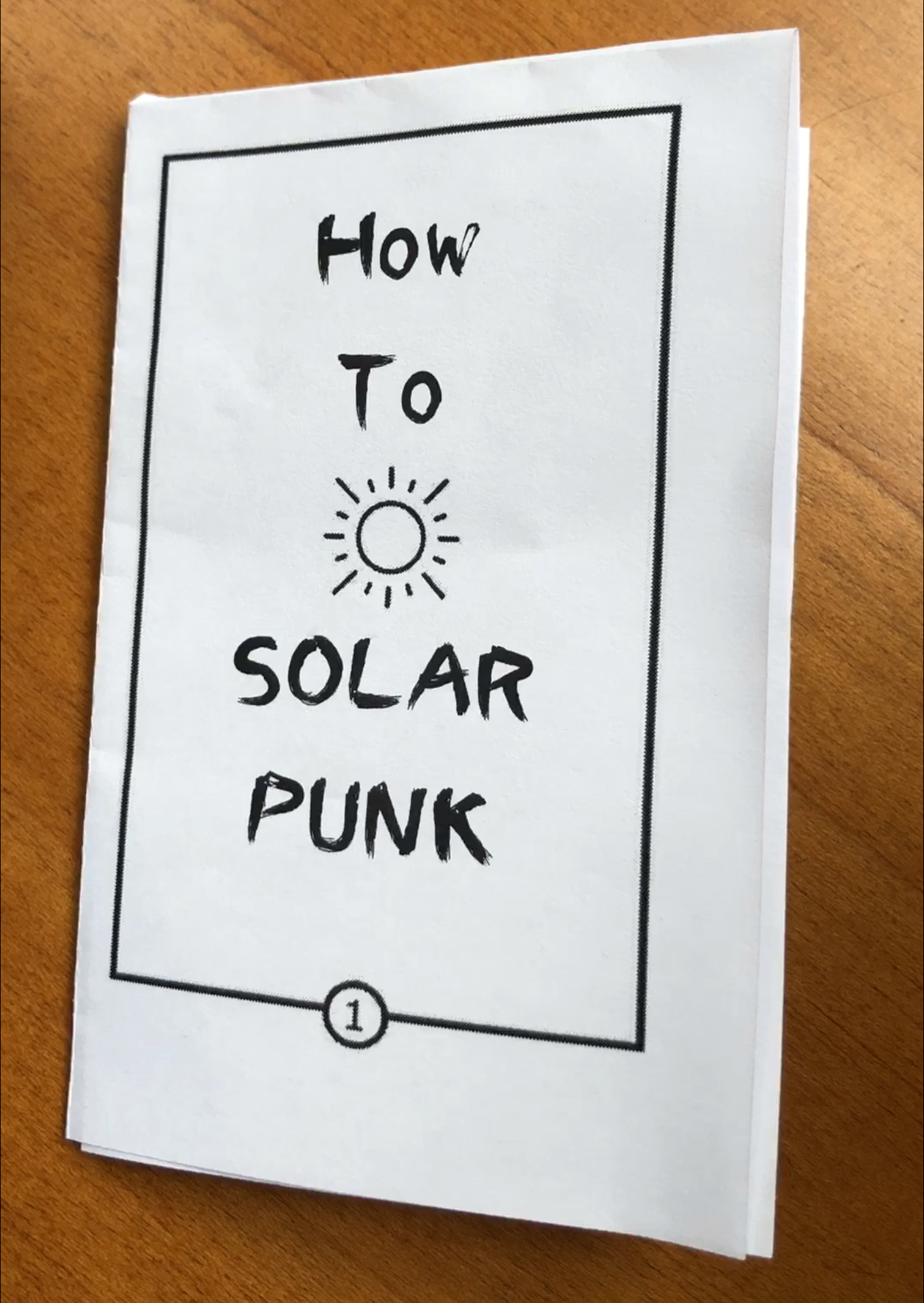
Everyday Concepts
Much like Sketchplanations, Everyday Concepts looks to be a quick hit way to expose yourself to a lot of great mental models. Per the creator “Everyday Concepts are an ongoing effort to unpack and explore useful concepts, ideas, and mental models that crop up (or ought to) in our lives.” It’s also quite easy to imagine this as a card deck. 😉
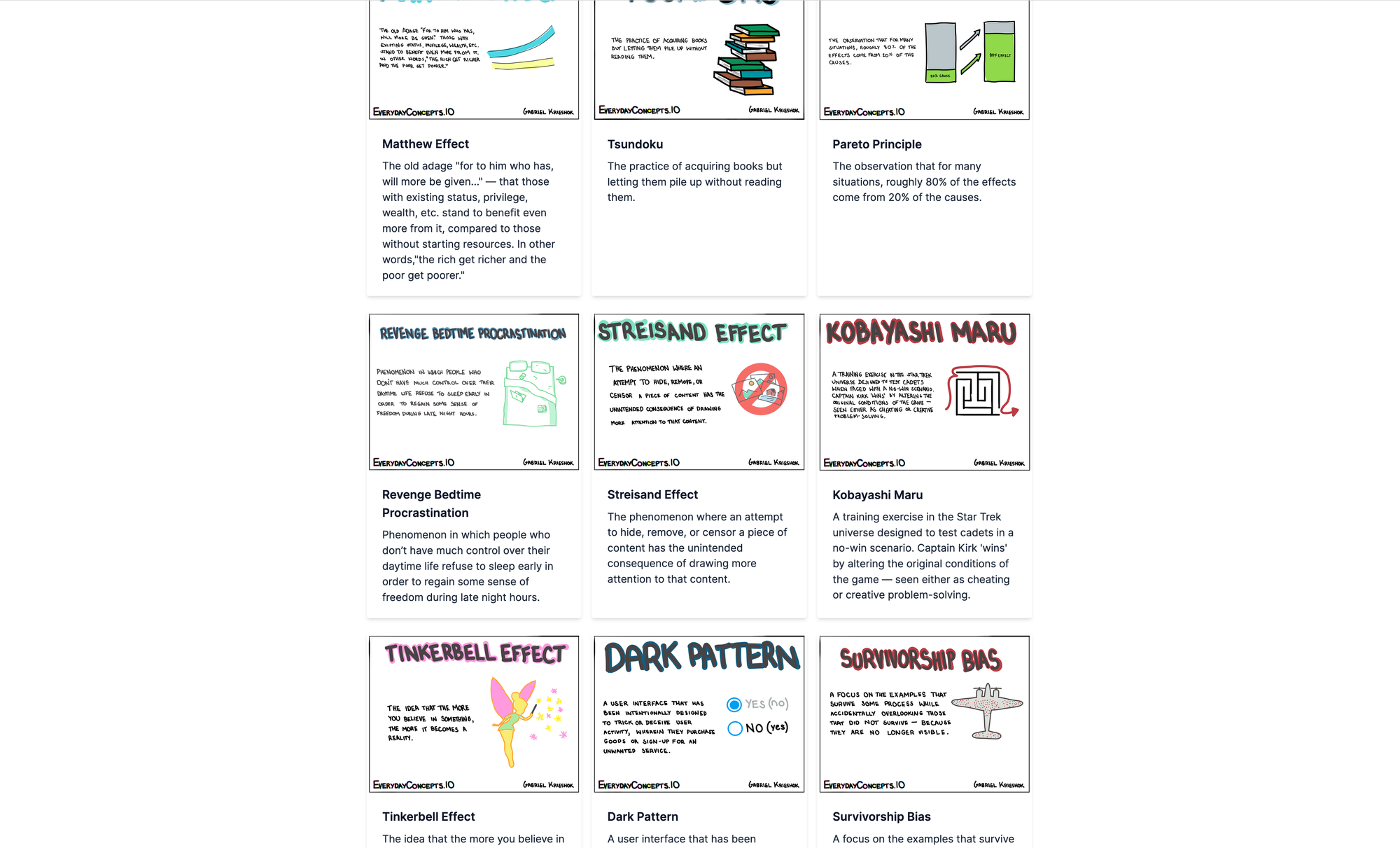
***RaNdOm FUn BONUS #1: Check out this robot printer made of LEGO bricks that can produce pixel art. Aside from being a highly entertaining video, this is a brilliant example of making to learn. Or, as the creator states: “The Wonderful World of NOT planning ahead and just IMPROVISING.” 😆

***RaNdOm FUn BONUS #2: I thought about including this Cards Against Agility card game in the regular roundup, but it looks more like satire (not that satire isn’t also a powerful way to think about important ideas!):
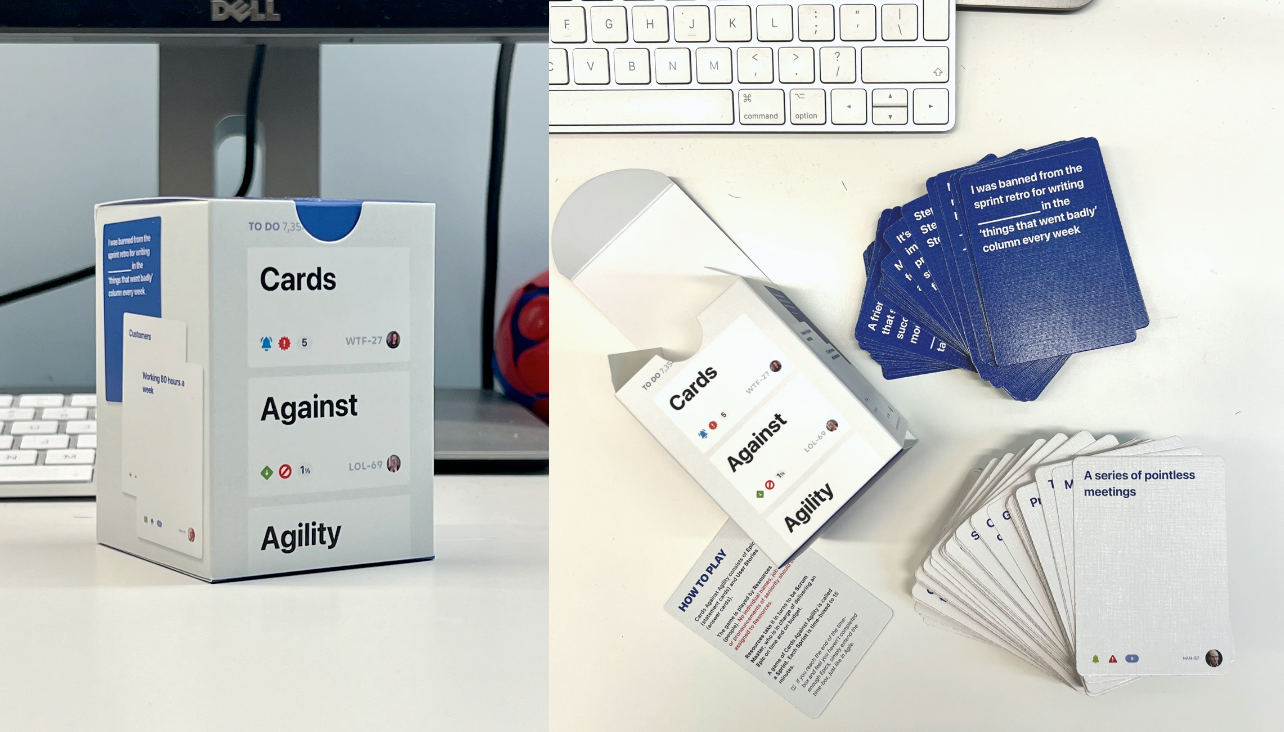
***RaNdOm FUn BONUS #3: Quantum breakthrough: Scientists freeze light in its tracks. Yep. You read that right.



